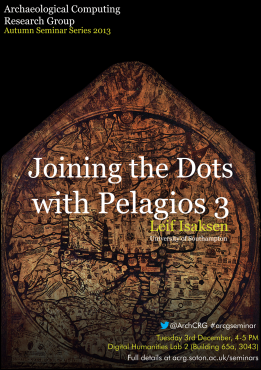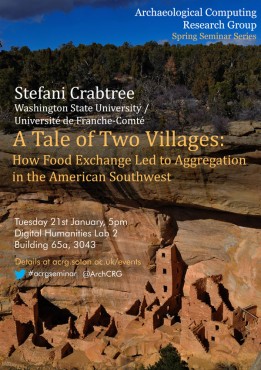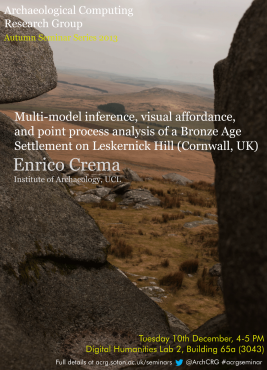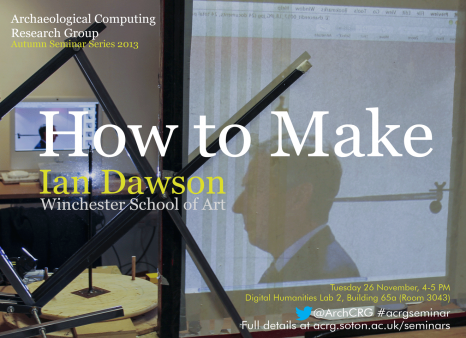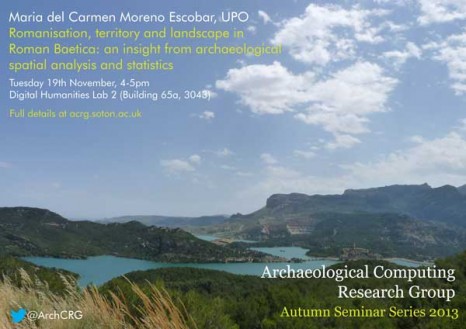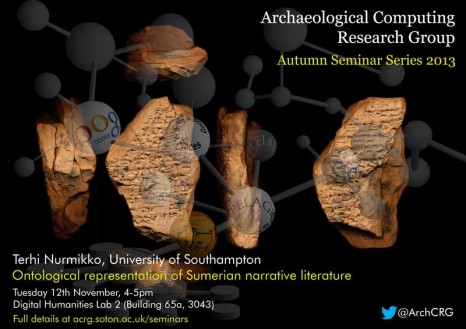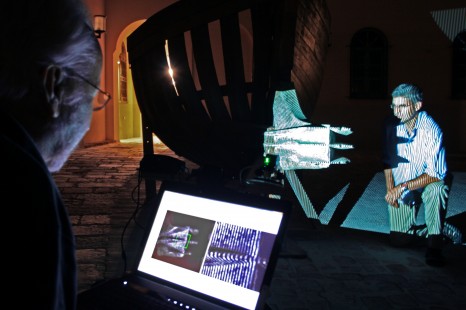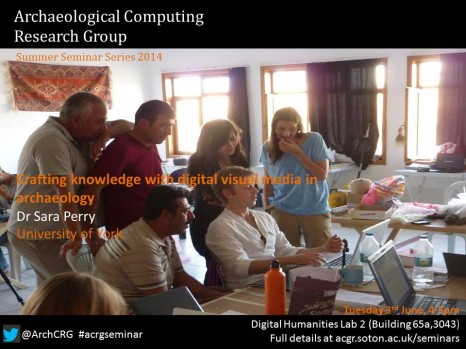
Crafting knowledge with digital visual media in archaeology
Visual producers have a literal hand in pushing forward paradigm change across disciplines—a distinction that is notable from pre-Renaissance times onwards. In this presentation, I consider the relationship between imaging and intellectual development in relation to the present and future of archaeology, with special emphasis upon digital visualisation.
Continue reading →

